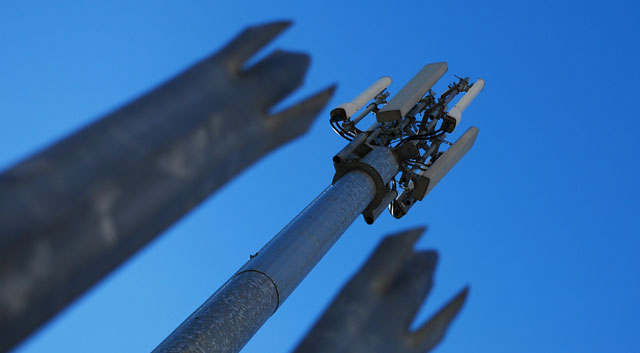
State-owned rail, port and pipeline company Transnet wants access to a prime allocation of spectrum in the 1,8GHz band, communications regulator Icasa said on Monday.
There’s a small hitch, though: part of the spectrum it wants is owned by Wireless Business Solutions (WBS), the company that owns iBurst and Broadlink. WBS was acquired last year by Multisource, in which Michael Jordaan and Paul Harris are investors, and the investors have announced plans to use the spectrum to build a 4G/LTE network.
Transnet has applied for a radio frequency spectrum licence to use the 1,8GHz “centre gap” at national ports and harbours, the regulator said. It invited interested parties to submit written comments in respect of Transnet’s application, giving them 14 working days to do so.
Transnet, which holds both individual network and service licences from Icasa, needs to replace old analogue voice radio systems with modern digital voice and data systems to manage its national port and rail operations, Icasa chairman Rubben Mohlaloga said in a notice published in the Government Gazette.
“The deployment of the modern digital system requires spectrum suitable for long term evolution technologies. Hence, Transnet has filed an application for 5MHz of radio frequency spectrum in the 1,8GHz frequency band,” Mohlaloga said.
“The 5MHz applied for constitutes the centre gap of the 1,8GHz band. Part of the centre gap of the 1,8GHz band is currently licensed to WBS.”
Transet said it intends confining the use of the frequencies to ports and harbours in Port Elizabeth, Cape Town, Durban, East London, Saldanha Bay and Richards Bay.
Tim Parle, senior telecommunications consultant at BMI-TechKnowledge, explained that there is a gap between the frequencies used for uplink and downlink in the 1,8GHz band.
It runs from 1 785MHz to 1 805MHz, Parle said. “This is not a band dedicated to LTE and, to the best of my knowledge, is scarcely used worldwide either. The iBurst system currently uses part of the band.”
He said the iBurst coverage map show that the service provider does not have systems in place in East London, Saldanha Bay or Richards Bay.
“With suitable coordination, they should be able to coexist in Cape Town, Durban and Port Elizabeth.” — (c) 2016 NewsCentral Media




